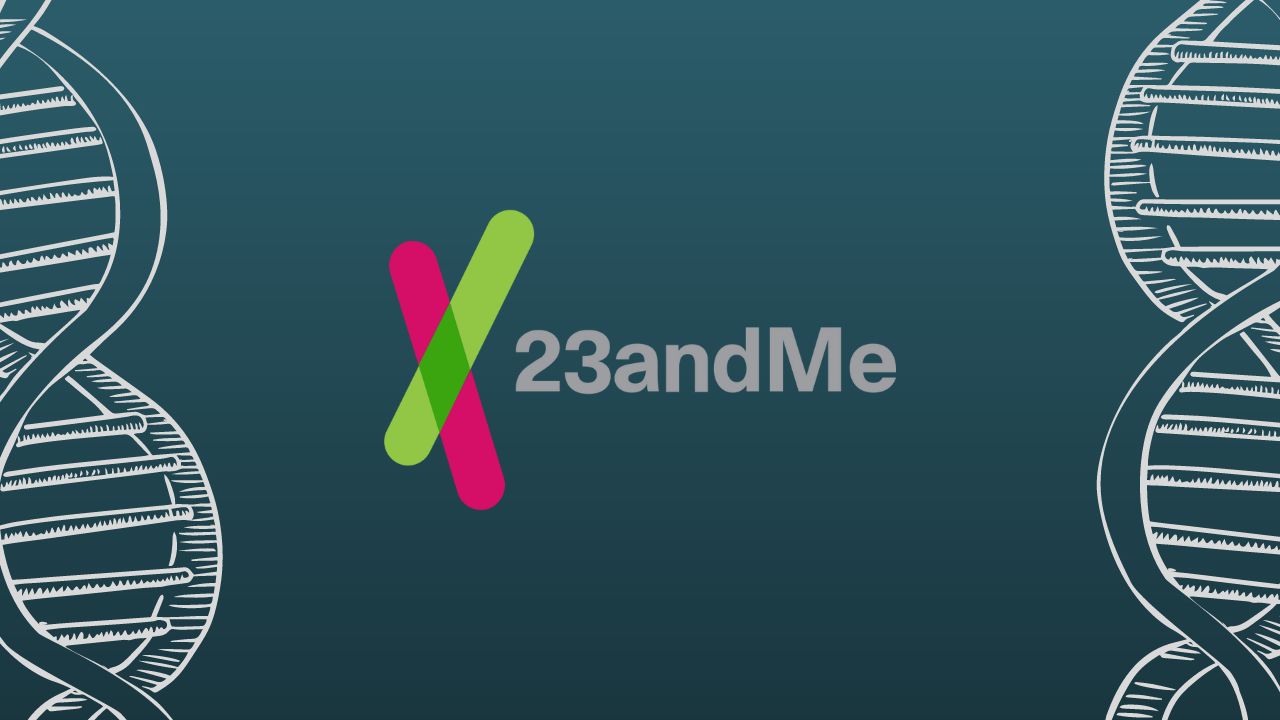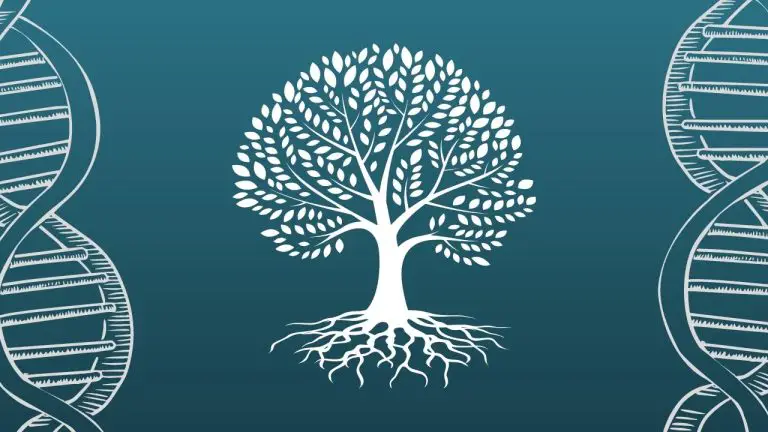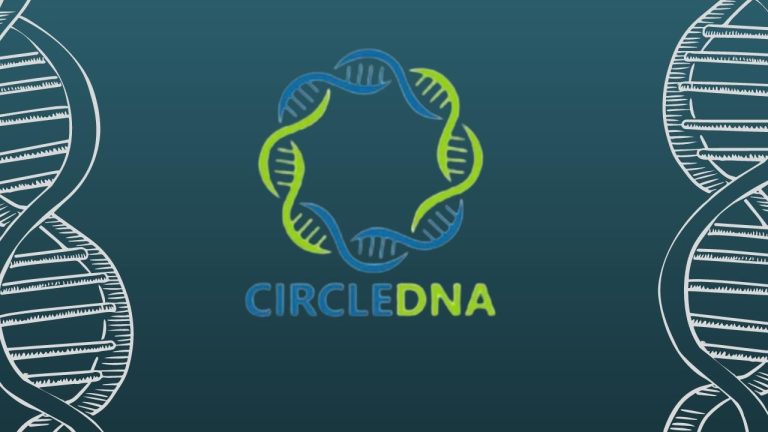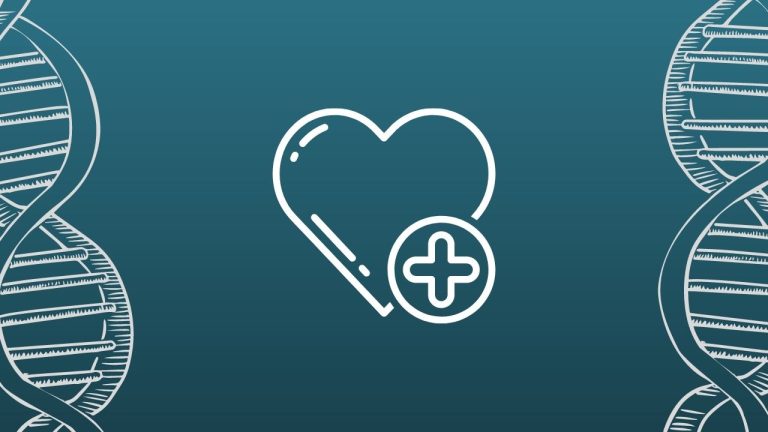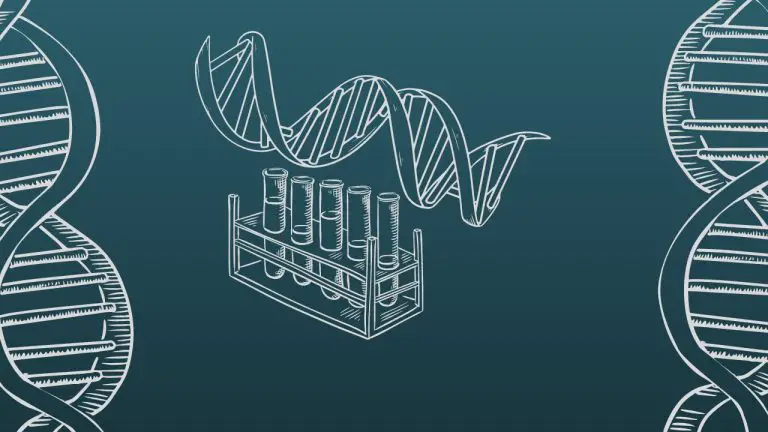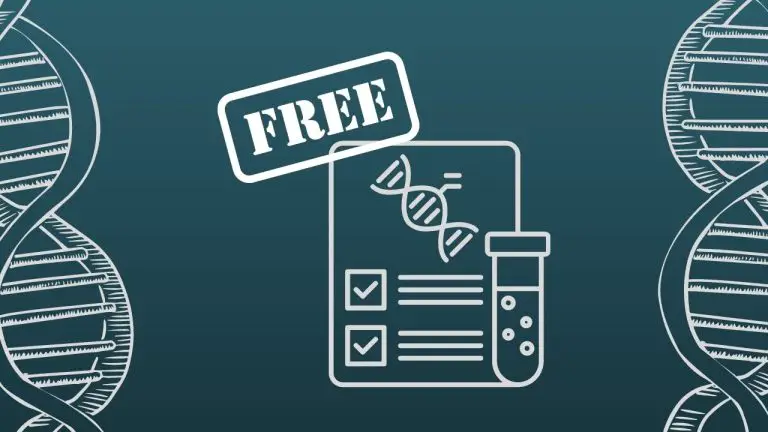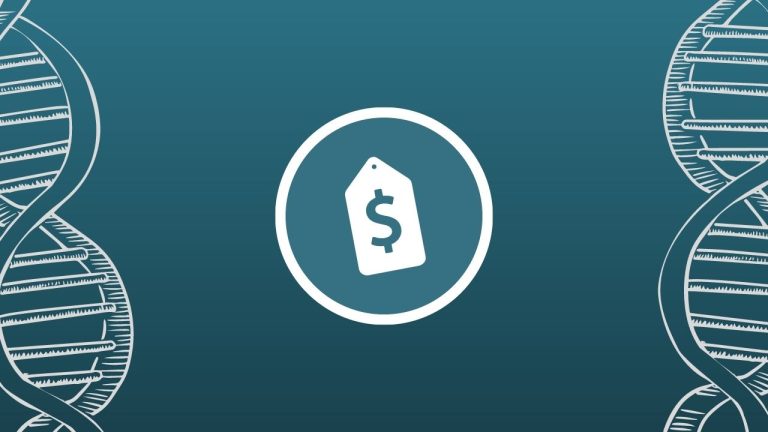23andMe Review: One of the World’s Most Popular DNA Testing Services
Most of us are familiar with the basic building blocks of DNA, but we often don’t think about how this incredible molecule influences our lives. That’s where 23andMe comes in.
23andMe provides customers with a detailed report on their DNA, including information on their ancestors, potential health risks, and much more. Companies like 23andMe are changing how we think about our place in the world, providing people with a new way to understand their ancestry.
The process is simple: you provide a saliva sample, which 23andMe’s state-of-the-art laboratory then processes. Within weeks, you receive a comprehensive report on your DNA.
In addition, 23andMe offers customers the opportunity to connect with others with similar DNA.
This is an invaluable resource if you’re interested in learning more about your family history or connecting with long-lost relatives.
In this article, we’ll unpack a DNA test, discuss 23andMe, and see how it compares to other DNA testing services on the market.
We will also explore the pros and cons of using this service so you can make an informed decision on whether or not it’s right for you.

What Is 23andMe?
23andMe is a California-based biotechnology company offering direct-to-consumer genetic testing and analysis. The company was founded in 2006 by Linda Avey and Anne Wojcicki (Google co-founder Sergey Brin’s ex-wife).
The company’s name is based on the 23 pairs of chromosomes that make up a human’s genome, and “Me” represents the individual.
23andMe provides various services, including ancestry testing, health risk analysis, and carrier status testing. Customers can purchase these tests singularly or as a package.

These tests require a saliva sample, which then gets processed in a laboratory. The results are then sent to clients within a couple of weeks.
23andMe is one of the most popular DNA testing services on the market. As of 2018, the company had over 12 million customers worldwide.
The company is known for its cutting-edge technology and commitment to customer privacy.
How Do 23andMe DNA Kits Work?
Once you’ve ordered and received your kit from the company, you must provide a saliva sample for a lab to extract your DNA. You should then send your saliva sample to a lab for analysis.
Once the lab analyses your DNA, you’ll receive a report with information on your ancestry and any health conditions you may be predisposed to.
These kits are a simple and affordable way to learn more about your personal history and health. Whether you are interested in learning about your ancestors or want to know if you are at risk for certain diseases, 23andMe can provide you with the information you need.
Benefits
- Provides DNA testing that offers insights into genetic health risks, carrier status for inherited conditions, and more.
- It’s simple (all you need is a saliva sample!).
- 23andMe regularly updates its database with new information, providing the most accurate and up-to-date information possible.
- Excellent website with simple instructions.
- You can share your results with other websites.
Drawbacks
- The results can be challenging to interpret, and you must consult with a healthcare professional if you have any concerns.
- You may not be happy with new information about your health.
Overall, 23andMe is a DNA testing company with a lot to offer!
DNA Collection Process
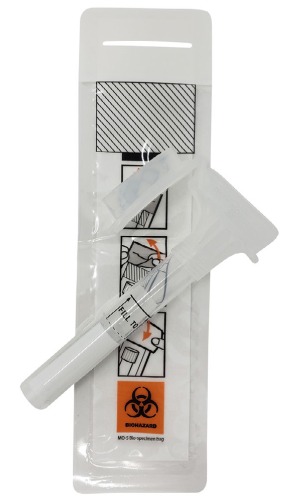
The process of getting back your result is straightforward. Once you order your kit, it will be delivered to your doorsteps. The kit contains everything you need to provide your saliva sample, including a vial, funnel, and shipping box.
To provide your sample, simply spit into the vial until it reaches the fill line. Once done, you can screw on the lid and shake the vial to mix up your saliva sample.
After that, you just have to place the funnel over the shipping box and pour your saliva sample into the funnel. Once it’s in the shipping box, you can seal it and drop it off at your nearest UPS location.
Once you’ve mailed it, you may follow its progress to the lab using the return tracking link on the homepage of your profile.
Results are usually loaded to your online profile a few weeks after your sample gets to the lab and are processed within that time.
23andMe DNA Test Results
Your 23andMe DNA test results vary on the tests you take.
If you have opted for an ancestry test, you’ll receive a report with information on your ethnic origins.
If you took a health risk test, you’d receive a report with information on any genetic conditions or diseases you may be predisposed to.
Ancestry Reports
23andMe offers ancestry reports which help trace your roots. Their ancestry reports give an overview of your genetic makeup, including information on your ancestors’ region of origin and ethnicity.
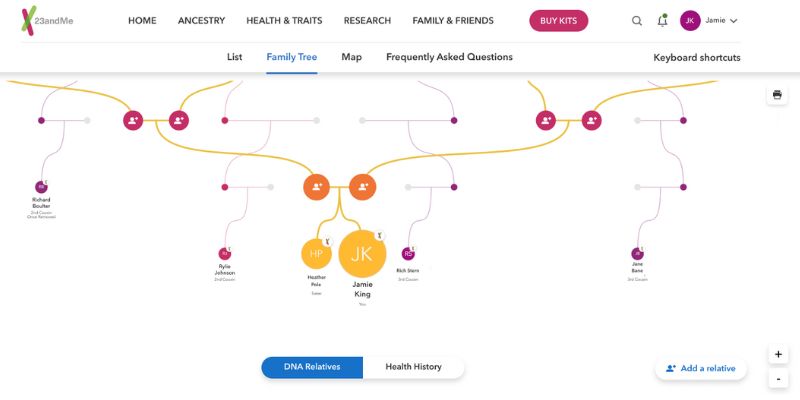
In addition, 23andMe also offers more comprehensive reports that provide additional details on specific ancestor groups. For example, their “detailed ancestry report” includes information on ancestors who lived in certain regions during particular periods.
These reports teach you about your ancestry, helping you gain valuable insight into your family history. In addition, 23andMe offers several other services to assist you in exploring your family tree, such as DNA matching and a tree builder.
Health Predisposition Reports
In addition to ancestry reports, 23andMe also offers health predisposition reports. These reports provide information on the genes linked to specific diseases and conditions.
23andMe’s health predisposition reports detect links to over 30 conditions, including Alzheimer’s, breast cancer, and diabetes.
Their health predisposition reports provide information on the genetic variants linked to these conditions. You can use these reports to make informed decisions about your health and wellness.
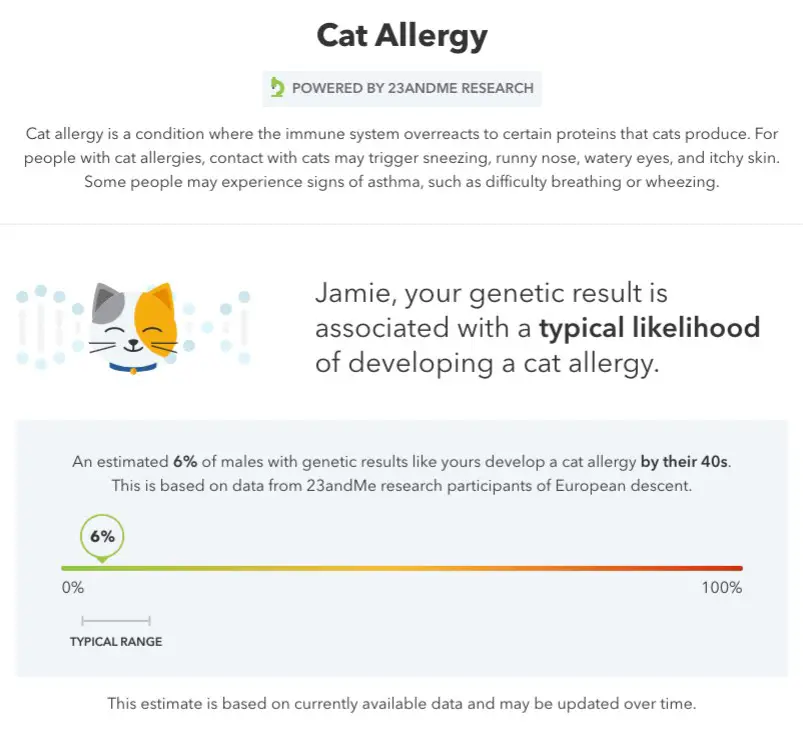
Carrier Status Reports
A carrier status report is a medical report that provides information about your risk of passing on a genetic condition to your children. The report is based on the individual’s DNA and can help your plan for a family or make decisions about fertility treatment.
23andMe offers a wide range of carrier status reports, covering everything from common cystic fibrosis to rare disorders like Tay-Sachs disease.
The company also offers a handy tool to compare your carrier status with your partner’s to see if they’re likely to have a child with a genetic condition.
Maternal Lineage Test
The maternal lineage test is a DNA test used to determine an individual’s maternal ancestry. The test works with mitochondrial DNA passed down from mother to child.
23andMe’s Maternal lineage tests can trace your maternal lineage back hundreds or even thousands of years. You can also use them to learn about your ancestors’ migratory patterns.
The maternal lineage tests are a simple and affordable way to learn about your maternal ancestry.
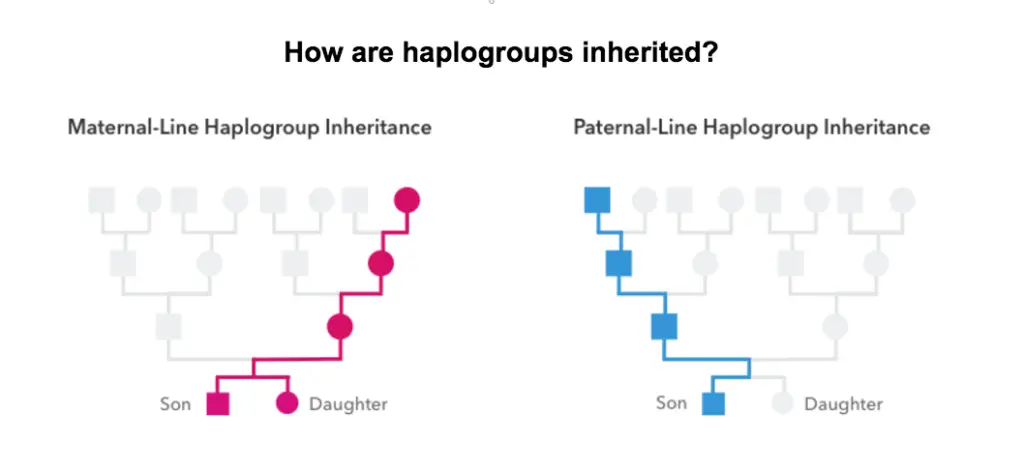
Paternal Lineage Report
This report can provide information about your father’s line of ancestry. In addition, the report will show you the path your father’s ancestors took to get to where they are today.
It will also show you where they lived and the people they may have interacted with along the way. Paternal lineage reports are a valuable tool for anyone interested in learning more about their father’s side of the family.
If you are looking for a way to connect with your father’s roots, 23andMe’s paternal lineage reports are a great place to start.
DNA Relatives Feature
The DNA relatives feature is a tool that finds and connects you with people who share your DNA. The quality uses 23andMe’s database of over five million customers to find matches.
Once it finds a match, users can see how closely they are related and view a list of shared ancestors. The DNA relatives feature is a great way to connect with distant cousins or relatives you might not otherwise be able to find.
Traits Report
One of 23andMe’s most popular features is their traits reports. These reports provide information on the genes linked to certain physical and personality traits.
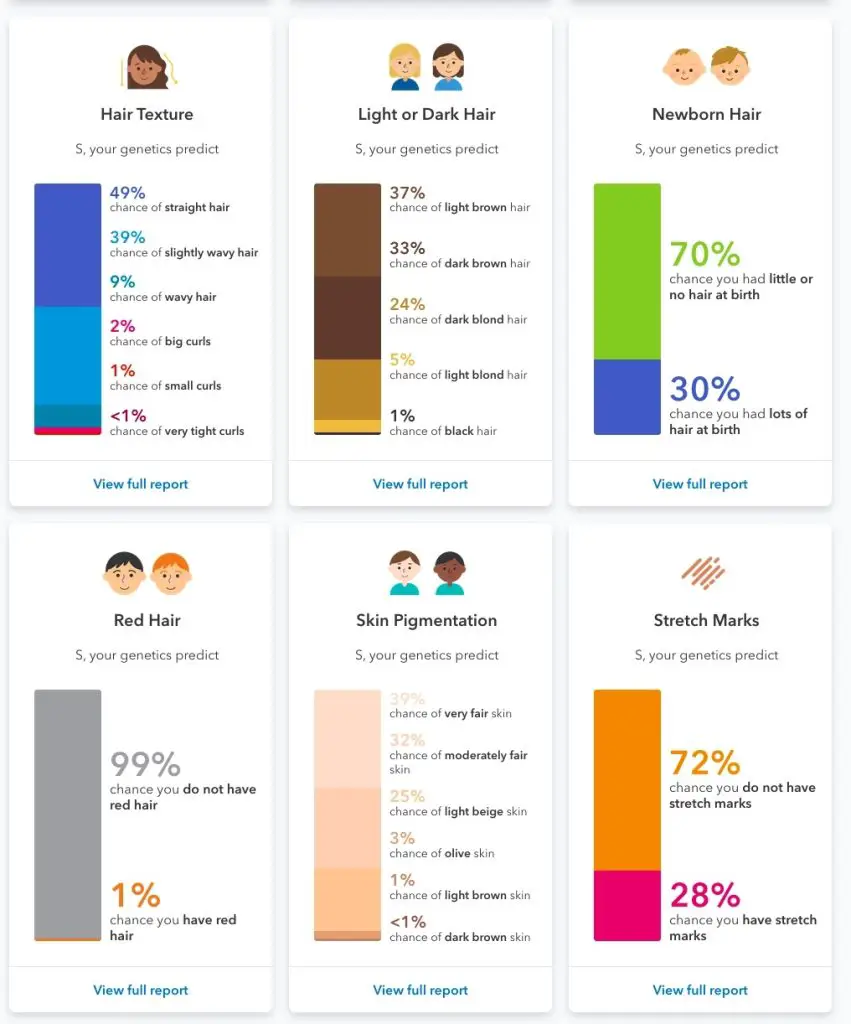
The reports can reveal your risk of developing certain conditions and your likelihood of passing those conditions on to your children.
You can use them to learn about your traits, such as your eye color, hair color, and even your risk of going bald, ability to match musical pitches, asparagus odor detection, back hair growth, bald spotting, or developing cheek dimples, cilantro taste aversion, and freckles, etc.
Wellness Reports
A wellness report is a document that provides information about an individual’s genetic risk for certain conditions. It can also provide information about how your DNA can influence your lifespan to help you make lifestyle choices that may help you live a healthy life and increase your lifespan.
Summarily, Wellness DNA Report can provide valuable insights into how you can live a healthier, happier life. The report provides personalized diet, exercise, and lifestyle recommendations based on your unique genetic profile.
In addition, the report includes information on your risk for certain health conditions. Understanding your genetic predispositions can make informed decisions about your health and wellbeing. With this knowledge, you can take steps to live a longer, healthier life.
23andMe Cost
Most people are familiar with DNA testing, but few know how much it costs. 23andMe is one of the leading providers of DNA testing, and their prices vary depending on the type of test you want.
For example, their health and ancestry service, which provides detailed information on your health about your family’s history, costs $199.

However, if you’re interested in your ancestry and trait service, you can get this service for $99. Ultimately, the cost of DNA testing depends on what you’re looking to get out of it.
23andMe also offers a membership subscription service providing access to additional features and updates for $29 yearly.
Accuracy
Accuracy is one of the most important things to consider when choosing a DNA testing service. 23andMe is one of the most accurate DNA testing services available.
The company uses cutting-edge technology and rigorous quality control procedures to ensure accurate results.
23andMe is CLIA-certified which is the gold standard for DNA testing. 23andMe’s CLIA certification means that our test meets the FDA’s requirements for accuracy and precision.
To get CLIA-certified, a laboratory must demonstrate that it can provide accurate and precise results. Our CLIA certification means that we have rigorously tested our DNA testing process to ensure that it meets these standards.
The CLIA certification process is extensive and includes an on-site review of the laboratory by a CLIA inspector. The inspector reviews the lab’s policies and procedures, examines the lab’s personnel records, and observes the lab’s operations.
23andMe tests for SNPs, or single nucleotide polymorphisms, to do with small changes in your DNA that can provide information about your ancestry, health, and more.
23andMe says that their SNP test is 99.9% accurate, meaning that for every 1,000 SNPs tested, only one will be incorrect. However, some experts say that this accuracy rate is exaggerated.
Critics point out that 23andMe only tests for a small subset of all possible SNPs, so their accuracy rate could be much lower if they pushed for more SNPs. In addition, 23andMe relies on self-reported information from users, which can introduce errors in the results.
Overall, 23andMe is a reliable DNA test, but it’s essential to understand its limitations.
23andMe Privacy
When you take a DNA test, you are giving the company access to your genetic information. This information can be used for research or sold to third parties.
With that being said, many people have serious concerns about the privacy of 23andMe. 23andMe is a direct-to-consumer genetic testing service that provides personal genome sequencing and analysis.
Customers provide a saliva sample, which 23andMe uses to determine their ancestry composition and other health reports. However, customers must consent to have their DNA data used for research purposes.
Their DNA data could be sold to pharmaceutical companies or used for law enforcement without their knowledge or consent. As a result, many people are concerned about the privacy of their DNA data.
23andMe has taken steps to address these concerns, such as creating a dedicated team to handle customer privacy inquiries and instituting a moratorium on law enforcement requests for DNA data.
Furthermore, 23andMe has implemented several measures to protect user privacy, including encryption of all user data, anonymous login, and the ability to opt out of sharing information with third parties.
23andMe is a reliable source that has taken many measures to protect user privacy. In conclusion, 23andMe is a trustworthy source that has implemented numerous security measures to safeguard user privacy.
Customer Service
Another important consideration when choosing a DNA testing service is customer service.
23andMe has a team of dedicated customer service representatives who are available to answer questions and provide support.
The company also has an extensive FAQ section on its website, as well as a blog and forum where you can ask questions and get advice from other 23andMe customers.
23andMe’s customer service is generally good, but there have been some complaints. For example, some customers said that it’s challenging to get ahold of a customer service representative and that the representatives are not always helpful.
Others said they had to wait weeks or even months to get their results back, which was frustrating.
Overall, 23andMe’s customer service is generally good, but there have been some complaints.
23andMe Reliability
The company’s DNA tests can be used for various purposes, including ancestry tracing, disease risk assessment, and carrier status determination. In addition, 23andMe offers several DNA test kits, each containing a specific set of markers that can be used to generate results related to the customer’s particular interests.
For example, the 23andMe Health + AncestryDNA kit includes markers for over 150 health conditions and traits and over 1,000 ancestral regions. Customers who purchase this kit receive results that provide information on their risk for certain diseases, their carrier status for certain conditions, and their ancestry.
In addition to the Health + AncestryDNA kit, 23andMe also offers AncestryDNA-only and Health-only kits. The company’s DNA tests are based on the latest scientific research and are constantly updated as discoveries are made.
As such, they provide accurate and reliable results that can be used to make informed decisions about one’s health and heritage.
23andMe Discounts
The following are some discount offers from 23andMe:
- Free shipping when you sign up for emails.
- $100 off DNA kits for students and teachers.
- $20 gift card for referring 23andMe to friends.
- 20% off when buying multiple kits.
- 20% discount off for students buying inventory and trait reports.
- $117 off with HSA and FSA reimbursements.
What You Can Learn From Your 23andMe Test Results
When you get your DNA test results, it can feel like opening Pandora’s box; suddenly, you have this wealth of new information about yourself.
But what can you do with all of this information? How can you use it to learn more about yourself and your family? Here are a few things that you can learn from your DNA test results:
Your Ethnicity
One of the most common reasons people take DNA tests is to learn more about their ethnicity. If you’re adopted or don’t know much about your family history, this can be a great way to learn more about where you come from. You might be surprised by the results!

Family History
In addition to finding out more about your ethnicity, DNA tests can also tell you about your family history. This includes information about medical conditions that run in your family and details about your ancestors.
Health Risks
Another reason people take DNA tests is to determine if they are at risk for certain diseases or health conditions. This information can help you make lifestyle choices that may reduce your risk of developing these conditions.
Personal Traits
DNA tests can also tell you about your traits, such as your eye color, hair color, and even your risk of baldness. This information can be fun to know!
There is a lot you can learn from the result. This finding can guide you in making important life decisions, such as understanding what to avoid, how to monitor your health, and how to treat specific ailments.
This information will help the present generation and the forthcoming generation.
What are the Disadvantages of DNA Tests?
The benefits of DNA tests cannot be over-emphasized as they can provide important information about a person’s ancestry, health, and risk of developing certain diseases; there are also some disadvantages:
Inaccurate Results
Although DNA tests can be incredibly accurate, there is always the potential for error. One of the most common causes is human error, which can occur when samples are mislabeled or mixed up.
DNA tests can sometimes produce false-positive results, meaning they identify a gene as present when it is absent. False negatives can also occur, in which a gene is identified as being absent when it is present.
While these errors are relatively rare, they can have severe implications for those who receive them. In some cases, false-positive results have led to wrongful convictions, and false negatives can prevent people from getting the treatment they need.
As a result, it is essential to be aware of the potential for error before undergoing a DNA test and also ensure you carry out your DNA Test from a reliable company like 23andMe.
DNA Tests Can Be Expensive
Another disadvantage of DNA tests is that they can be expensive. The DNA test cost depends on the type of test and the company you use, but it can range from $100 to $1000.
Some insurance companies will cover the cost of DNA tests if they are deemed medically necessary, but this is not always the case. As a result, many people are unable to afford DNA tests.
This is particularly true for those who want to take multiple DNA tests or have their entire genome sequenced. The cost of sequencing a person’s genome can be upwards of $300 million worldwide and is not currently covered by insurance.
Despite the costs, DNA tests can be a valuable investment, particularly for those looking to learn more about their ancestry or health.
DNA Tests Can Be Invasive
A final disadvantage of DNA tests is that they can be invasive. For example, a person must provide a blood or saliva sample to obtain a DNA sample, which can be uncomfortable for some people.
Sometimes, a DNA test may require a person to provide a tissue sample, which can be even more invasive. DNA tests are also generally not covered by insurance, which means that people have to pay out of pocket for them. This can be a barrier for many people who want to take advantage of DNA tests.
Despite the potential disadvantages, DNA tests can be a valuable tool for learning about your ancestry, health, and risk of developing certain diseases.
What is Genotyping?
Genotyping is the process of determining the genetic makeup of an organism. Labs use genotyping to determine the presence or absence of genes, identify mutations, determine an individual’s risk of developing certain diseases, and track the inheritance of traits within a population.
Genotyping generally involves analyzing DNA or RNA samples to identify sequences associated with particular alleles. Other methods, such as protein sequencing or chromosome mapping, may be used in some cases.

The information gleaned from genotyping can be used for various purposes, from diagnosing diseases to identifying individuals at risk for certain conditions. It can also assist in studying the evolution of populations and aid in developing new medical treatments.
The possibilities for genotyping are essentially limitless, and its use will likely continue to grow in the future.
What Is a Variant?
In genetics, a variant is a difference in the DNA sequence of a gene as compared to the “wild type” or most common form of the gene. Variants can occur in healthy individuals and those with genetic disorders.
Some variants have no effects on health, while others can lead to changes in appearance, increased risk for certain diseases, or other impacts on health. Variants happen through changes that occur spontaneously (randomly), or you can inherit them from a parent.
Many DNA tests can detect variants, and new technologies allow for more efficient and accurate testing.
As our understanding of the role of genes in health and disease continues to grow, the importance of identifying and characterizing variants will only increase.
What Is a Paternity Test?
A paternity test is a DNA test used to determine whether a man is the biological father of a child. The test can be performed using a sample of the father’s blood, hair, skin, or urine.
Paternity tests are typically 99% accurate. However, the accuracy of the test depends on several factors, including the quality of the samples and the number of markers tested.
Paternity tests are typically used to establish child support payments or visitation rights. They may also be used in cases of disputed paternity, such as when the father is deceased or unavailable for testing. In some cases, paternity tests may be ordered by a court.
Factors to Consider Before Doing a DNA Test
Now that you know some of the things you can learn from your DNA test results, you might wonder if it’s something you should do. Here are a few factors to consider before going for a DNA test:

Your Reason for Taking the Test
Before taking a DNA test, think about why you’re doing it. For example, are you interested in learning about ethnicity? Do you want to find out if you’re at risk for diseases? Understanding your reasons for taking the test will help you choose the right test.
Cost
DNA tests can range in price from $60 to $200, depending on the type of test and the company you use. However, a few companies offer discounts or payment plans if you’re on a budget.
The Accuracy of the Test
DNA tests are generally very accurate.
Your Privacy
When you take a DNA test, you are giving the company access to your genetic information. This information can be used for research or sold to third parties.
If you’re concerned about your privacy, it’s essential to read the terms and conditions of the company before taking the test.
Reviews
When choosing a DNA testing company, you must read reviews to ensure you’re getting a quality product. There are a lot of companies out there, so take your time and choose the one you can trust.
23andMe is one of the most popular DNA testing companies and has many positive reviews. You can learn much about yourself and your family, and the company is reliable and affordable.
Conclusion
Overall, 23andMe is a reliable and affordable DNA testing service that provides a wealth of information about your ancestry and health.
The company’s database is one of the largest in the world, and its ancestry composition report is one of the most detailed and accurate available.
Their comprehensive health predisposition reports can provide valuable insights into your risk of developing certain conditions.
So, it is always best to consult with a medical professional if you are concerned about your risk of developing a particular condition.
Nevertheless, 23andMe is an excellent resource for anyone interested in learning more about their DNA!

